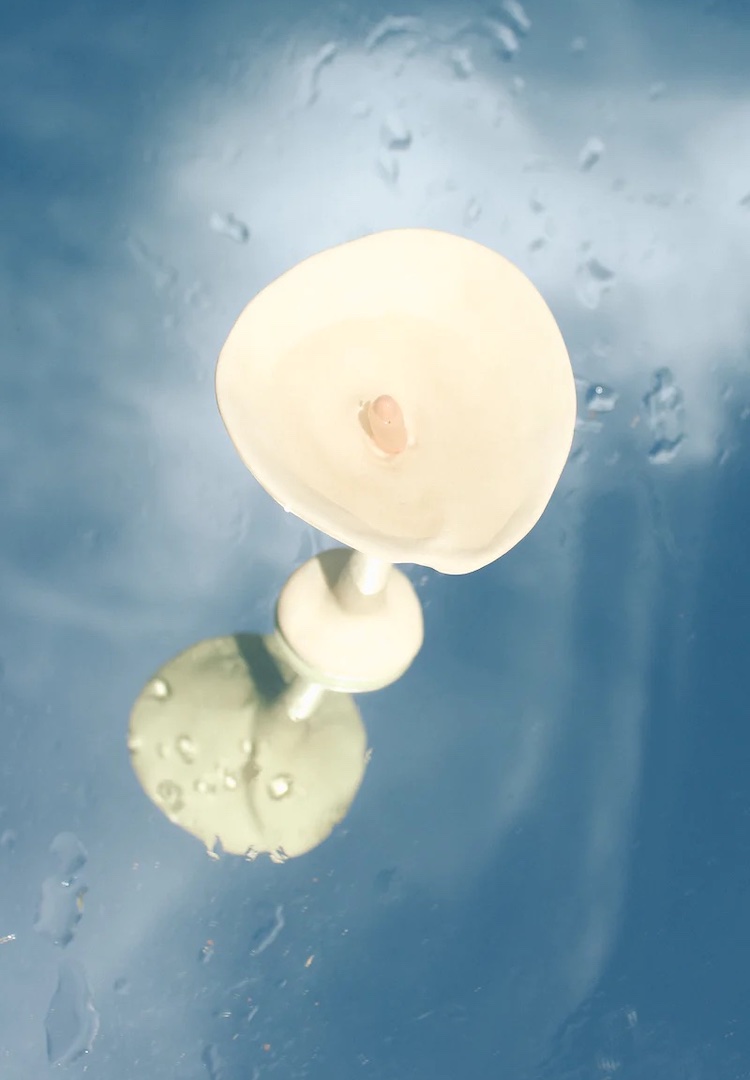We need to start talking about HPV
WORDS BY LEAH HULST
It’s time to break down the stigma.
Back in 2011 at the age of 21, I took off on a trip around Europe. It was the trip of a lifetime, filled with backpacking across multiple countries, immersing myself in diverse cultures and of course, the obligatory party hostels. I felt young and free – partying every night, having sex with different people, and saying yes to opportunities I’d usually decline. I was exploring the world, my boundaries and what life had to offer.
After roughly 10 months away I came back home to Melbourne, ready to re-establish myself with my newfound knowledge, along with a new boyfriend, who I had met while travelling. After being away from home for so long, I thought it was right to go to the doctor and check that everything was A-okay.
Kickstart your wellness journey over at our Health section.
I’ve always felt in tune with my body. I understand the little signs of oncoming sickness and I’m well acquainted with my mental health triggers. I’d recently noticed I was spotting between periods, but that was about all. After a discussion with my doctor, I did a routine blood test and STI check. The results came back with a diagnosis of chlamydia, which was easily treated with a couple of tablets, and everything else seemed to be in working order.
After a couple of months back in Melbourne, I felt as though something still wasn’t 100 per cent with my body. There weren’t any other signs aside from the continued spotting, but my gut feeling was that I needed to get further testing done. I booked back into my doctor, and he told me that I wasn’t due for a pap smear and spotting between periods is just something that women have to ‘put up with’. Reluctantly, I agreed and trusted what he had to say.
Over the coming years, I changed my contraception but the spotting still didn’t subside. I had multiple visits to different doctors where everyone reassured me that this was normal, and to ignore the voice in my head telling me otherwise – spotting was standard for a woman, and it was nothing to be worried about.
Later the following year, I received a text message telling me I was due for my next pap smear. At the doctors, I was asked if I wanted to contribute to a trial of testing for the human papillomavirus, also known as HPV. I said yes and waited for my results. Later that week I was called back in – the test for HPV had come back positive. There was a considerable risk of it becoming cervical cancer if it was left untreated.
My doctor referred me to a gynaecologist, and from there I was booked in for the LLETZ surgery to have the HPV removed. At the time I didn’t quite understand what the surgery was, let alone HPV, so I ended up Googling it while in tears on the phone to my mum. I quickly realised that the gut feeling I had nearly five years ago was correct.
The spotting I was experiencing for years was a symptom of my HPV, and I had in fact contracted the STI while on my trip to Europe. Not only was I terrified about having a potentially deadly disease in my body, but I was also angry at myself for ignoring my body’s warning signs.
A couple of weeks later, I underwent the surgery to have the polyps removed. I was put to sleep while the doctors opened my cervix, and using a thin wire loop with an electrical current, they removed the majority of the polyps of concern. I was told recovery would take up to four weeks, however, due to an infection it took over eight weeks to fully heal.
The entire process was taking a massive toll on me not only physically, but mentally. I tried to reach out to those around me for support but I was quickly shut down or the conversation would be changed. I was left feeling as though the subject was too taboo to discuss.
I felt as though every time I bought up my experience, I would be judged and shamed for my ‘bad’ decisions. I was worried I would be slut-shamed for having unprotected sex and contracting an STI. Unfortunately, as I discovered, the shame and stigma around STIs still run deep within our society. There continues to be a lack of communication and transparency around them and how potentially damaging they can be to not only the body but the mental health of young people.
There’s no shame in asking for help or advice, no matter the situation. Whatever your gender or identity, sex is a pretty universal experience, and people can unknowingly contract STIs. If we shut down the conversation around STIs and sex, people will continue to feel ashamed and avoid booking doctor’s appointments, which may result in long term damage to their bodies and minds.
After sharing my experience, I’ve had multiple friends reach out to me with their own HPV diagnoses. It’s currently one of the most common STIs, with nearly 80 per cent of women likely to contract it in their lifetimes, but we’re still burdened with feelings of shame. These topics shouldn’t be viewed as taboo. Instead, we need to see them as an opportunity to learn and a chance to show compassion and understanding to those affected.
This article was originally published on June 22, 2022.
Find more information about STIs head here.










